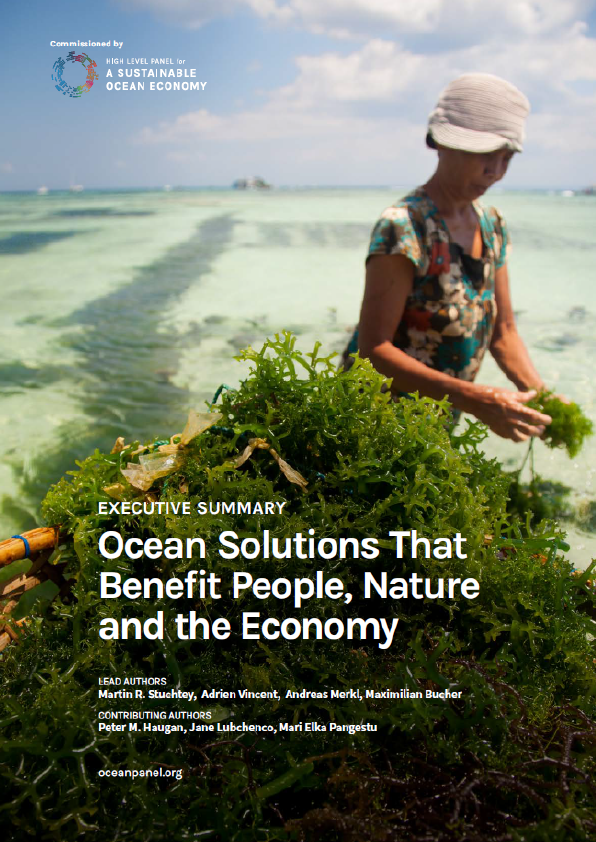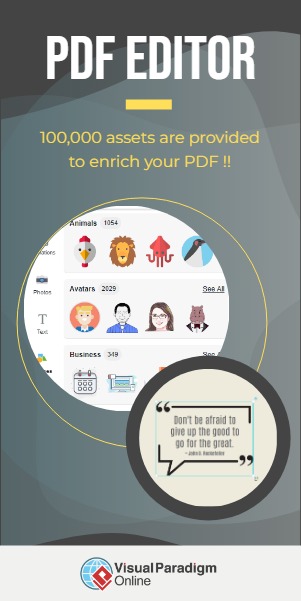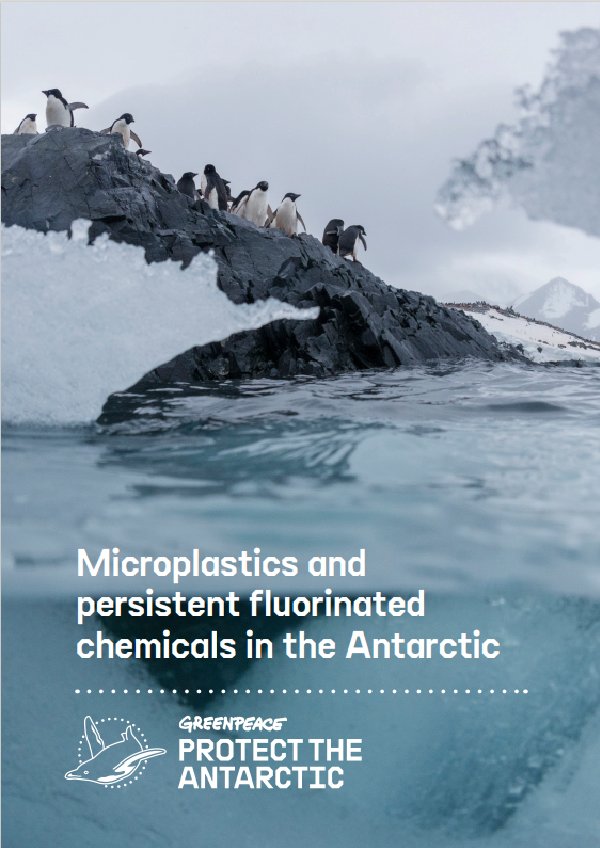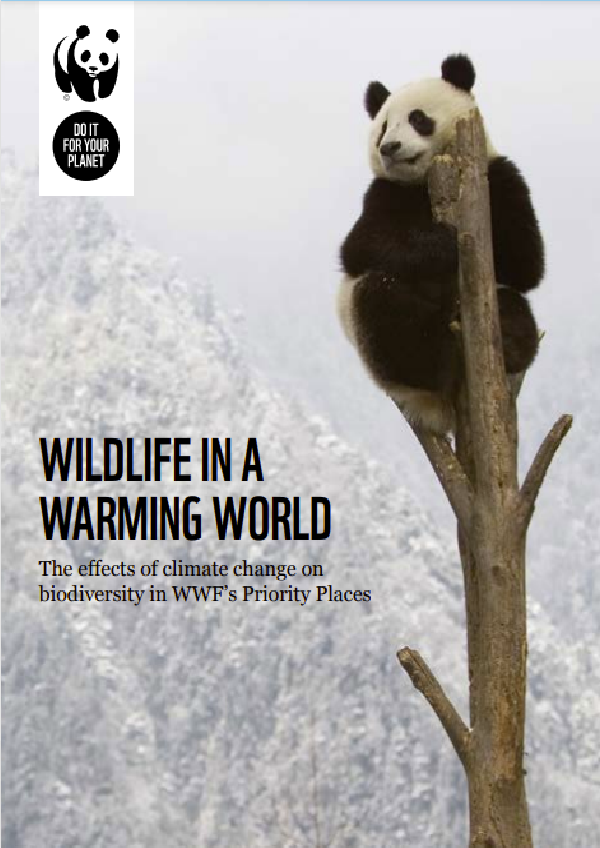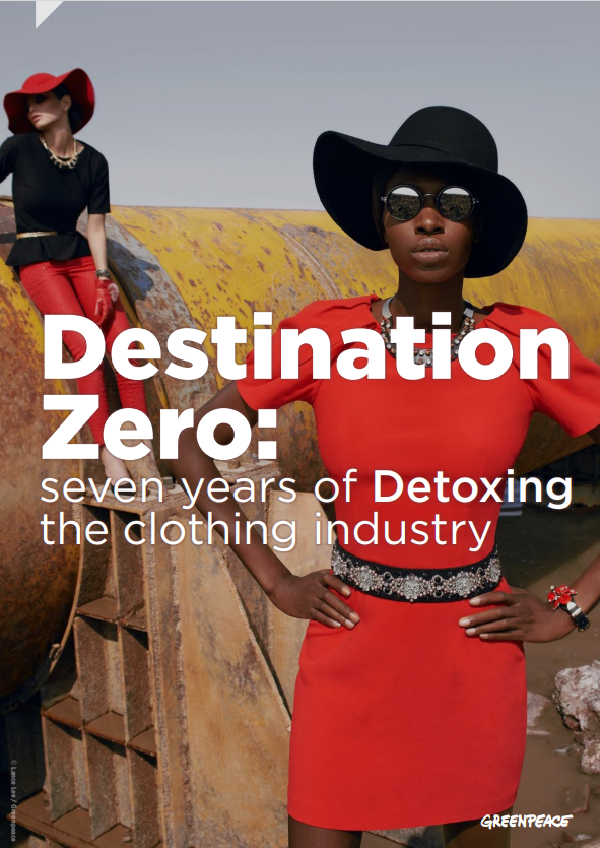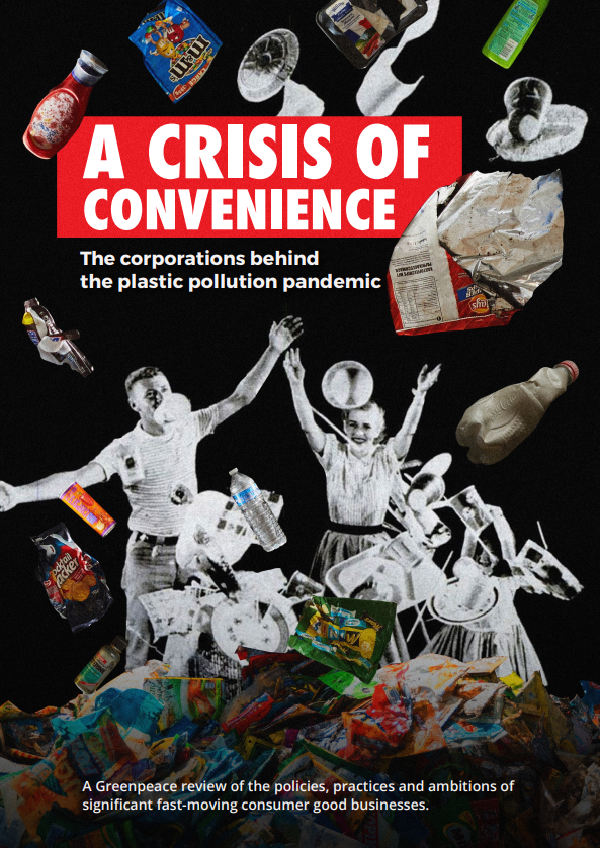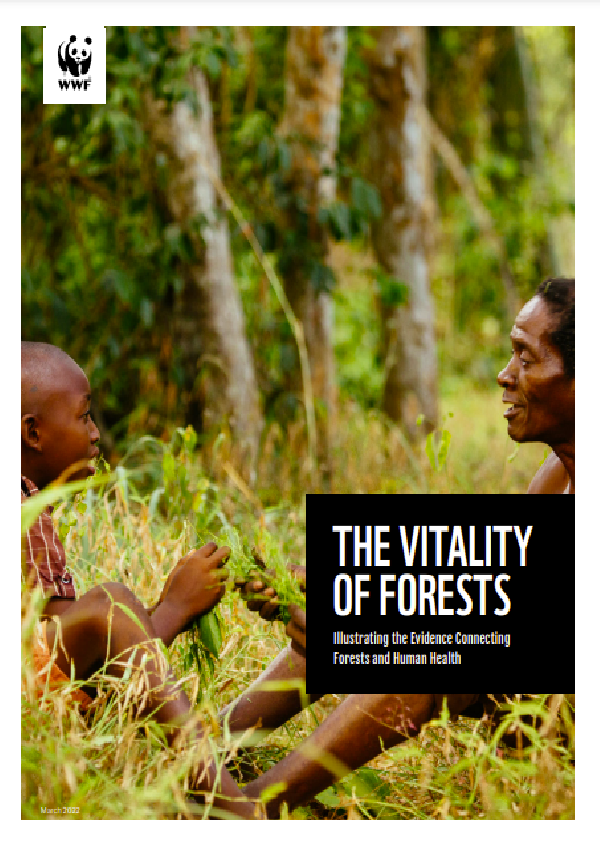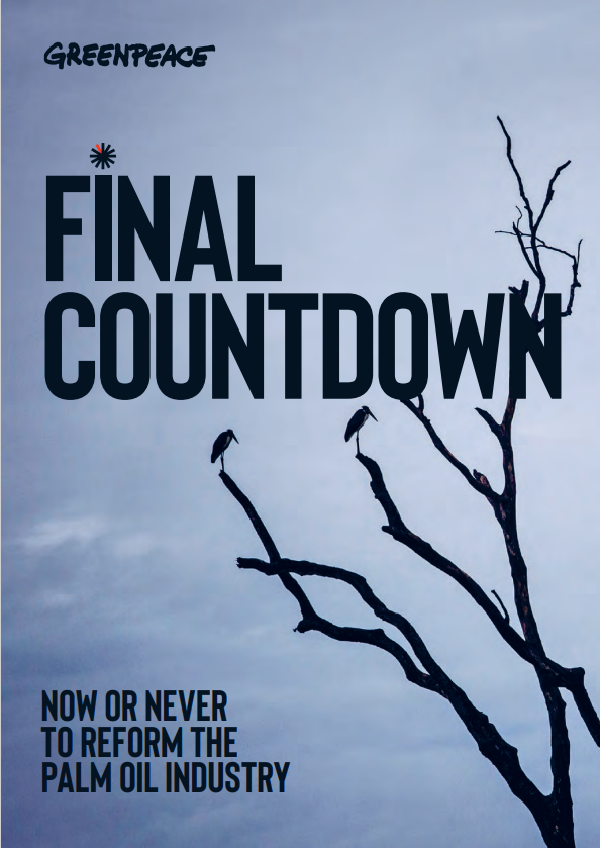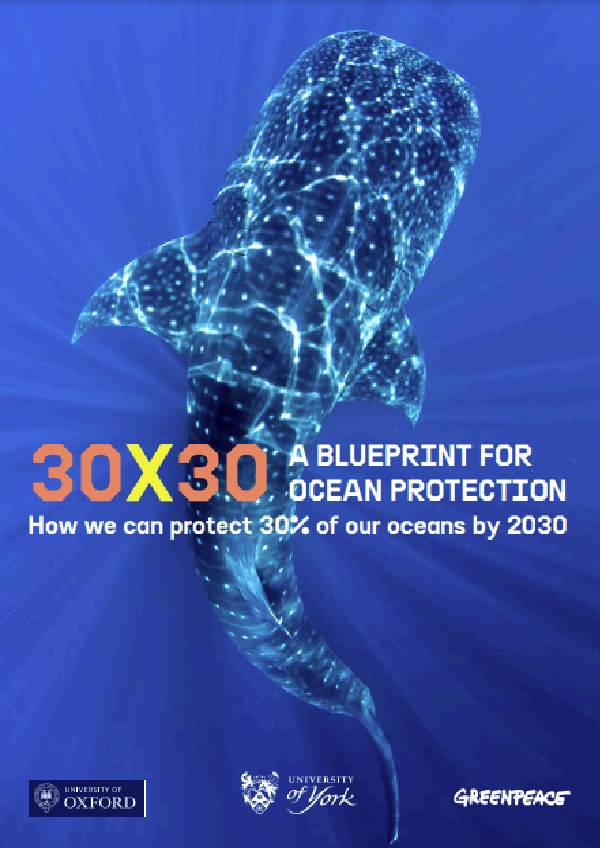About This Summary
This report lays out the contours of a new relationship between the ocean and humanity. Building on the latest scientific research, analyses and debates from around the world, the report showcases a balanced model for ocean management that simultaneously achieves effective ocean protection, sustainable production and equitable prosperity.
This work has been commissioned as an input to the High Level Panel for a Sustainable Ocean Economy (Ocean Panel), a unique initiative by 14 world leaders who are working with government, business, financial institutions, the science community and civil society to catalyse and scale bold, pragmatic solutions across policy, governance, technology and finance to ultimately develop an action agenda for transitioning to a sustainable ocean economy. The Ocean Panel comprises members from Australia, Canada, Chile, Fiji, Ghana, Indonesia, Jamaica, Japan, Kenya, Mexico, Namibia, Norway, Palau and Portugal and is supported by the UN Secretary-General’s Special Envoy for the Ocean. The Ocean Panel is supported by an Expert Group and Advisory Network. The Secretariat, based at World Resources Institute, assists with analytical work, communications and stakeholder engagement. Ultimately, this report is an independent input to the Ocean Panel process and does not necessarily represent the thinking of the Ocean Panel.
A new way of thinking has immense potential to open the door to a sustainable ocean economy. This approach abandons the false choice between economic development and environmental protection. In contrast to a ‘conservation Ocean Solutions That Benefit People, Nature and the Economy | vii philosophy’ of minimising destruction or an ‘extractive approach’ of maximising the resources that can be extracted from the ocean, the new approach seeks to achieve the integration of the ‘three Ps’ of effective protection, sustainable production and equitable prosperity. This approach does not mean just leaving the ocean alone; it means proactively managing human activities to use the ocean wisely rather than using it up, in order to help build a much richer future in which people have more wealth and better health, nature thrives and resources are distributed more equitably.
- Realising the new vision requires an integrated, rather than a sectoral, approach that is based on five building blocks:
- Using data to drive decision-making
- Engaging in goal-oriented ocean planning
- De-risking finance and using innovation to mobilise investment
- Stopping land-based pollution
- Changing ocean accounting so that it reflects the true value of the ocean
